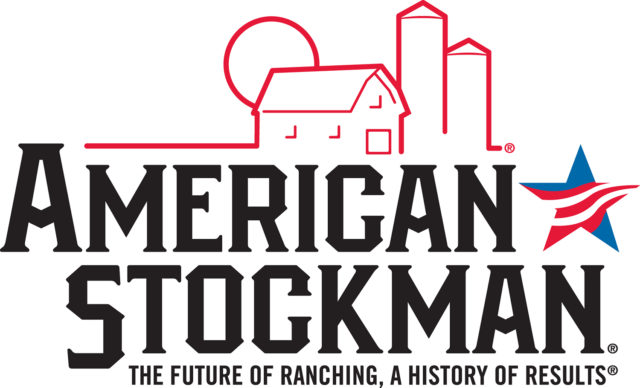Consider a few recent examples:
-
JBS – the second largest pork producer in Brazil – announced it will stop using gestation crates to confine breeding sows, following a similar move by Smithfield and Tyson years earlier.
-
Walmart stores in May began urging suppliers to curb the use of medically important antibiotics and to end their use for growth promotion in livestock.
The company also wants producers to target ways to reduce pain, confinement and problems with euthanasia and slaughter.
-
McDonald’s – with its growing menu relying on chicken products – likewise pledged to drop the use of chicken raised with medically important antibiotics, following similar moves from its competitors at Chick-fil-A and Chipotle. Costco stores follow suit just days later.
- Tyson Foods, sparked by publicized animal rights group videos, sent a letter to suppliers requesting that they end blunt force euthanasia for piglets and to support the use of pain mitigation when tail-docking or castrating piglets.
All of these listed examples may refer to other livestock, such as poultry or pork animals, but it’s not hard to envision the same policies soon being required of beef production. In fact, it’s probably just as wise to expect it sooner rather than later.
All of these listed examples may refer to other livestock, such as poultry or pork animals, but it’s not hard to envision the same policies soon being required of beef production. In fact, it’s probably just as wise to expect it sooner rather than later.
The observant pessimist would look at all this corporate flexibility and say it’s rather disingenuous, and perhaps he has a point. To see publicly traded companies follow other competitors’ policy changes in rapid succession – and then cite consumer demand – has a certain hollow ring to it.
And as Glynn Tonsor, associate professor of agriculture economics at Kansas State University, has pointed out, when these companies lack detailed instructions on how they want producers to comply, the policy really acts only as a legal fig leaf should another PR disaster occur related to animal welfare.
When another bad actor arises, the company can hold up the boilerplate policy to shield criticism.
But beef producers should not shy away from these kinds of changes, no matter how vague or how much they lack specifics. The best outcome that can result from these kinds of changes is that we see consumers being more confident in the food they buy, thanks to transparency in agriculture.
People lose faith in politicians and many of their institutions because they are kept from openly observing the process. Ag producers can’t afford that risk.
How livestock are bred, born, raised, fed and slaughtered needs to be open and understood. If the market demands changes to production for animal concerns, the industry will enact those reforms. The invisible hand of free-market enterprise usually has the right touch. ![]()

-
David Cooper
- editor
- Progressive Cattleman magazine
- Email David Cooper









